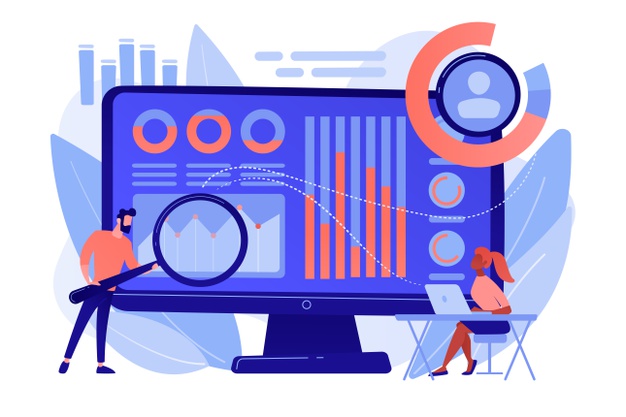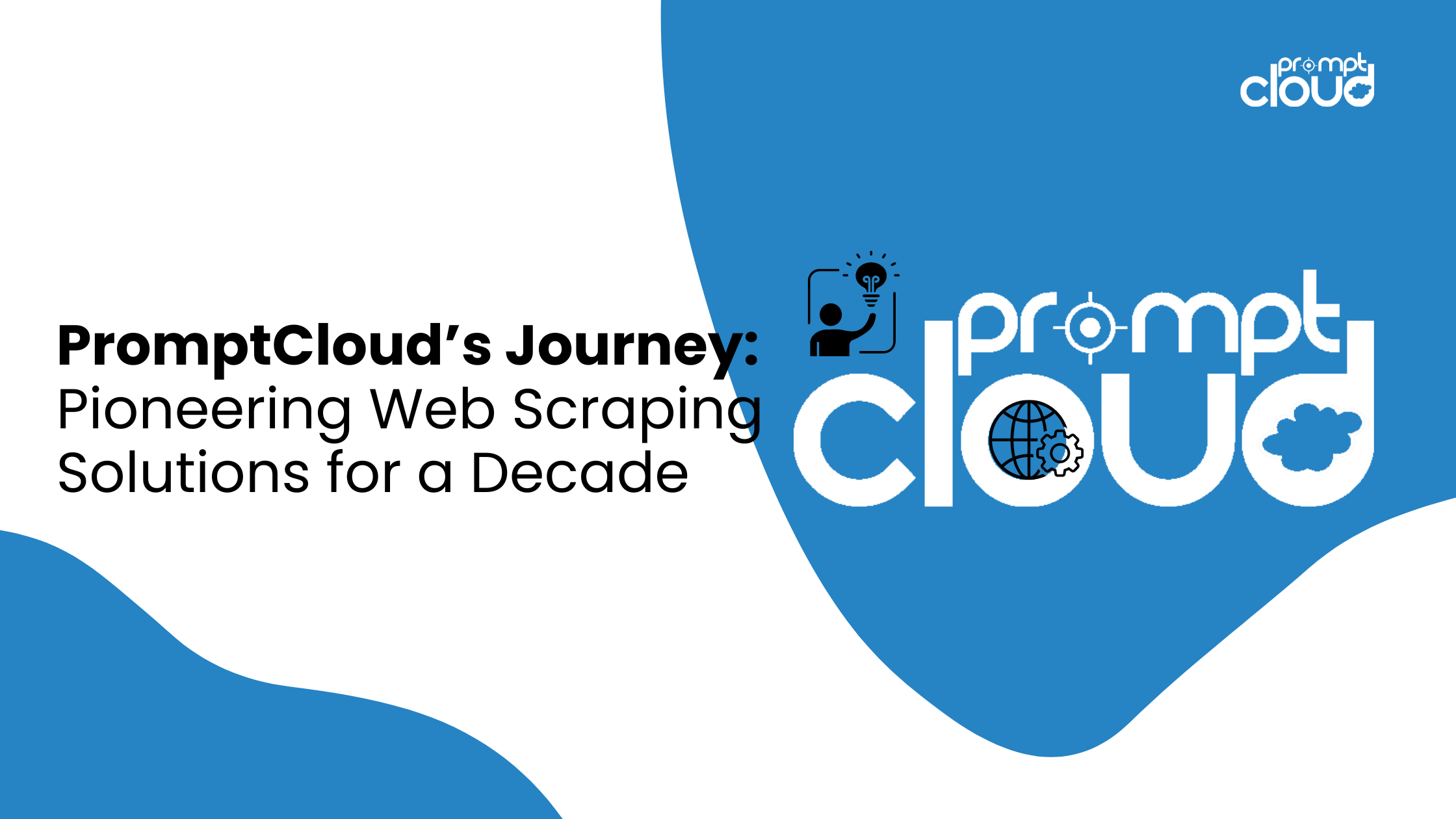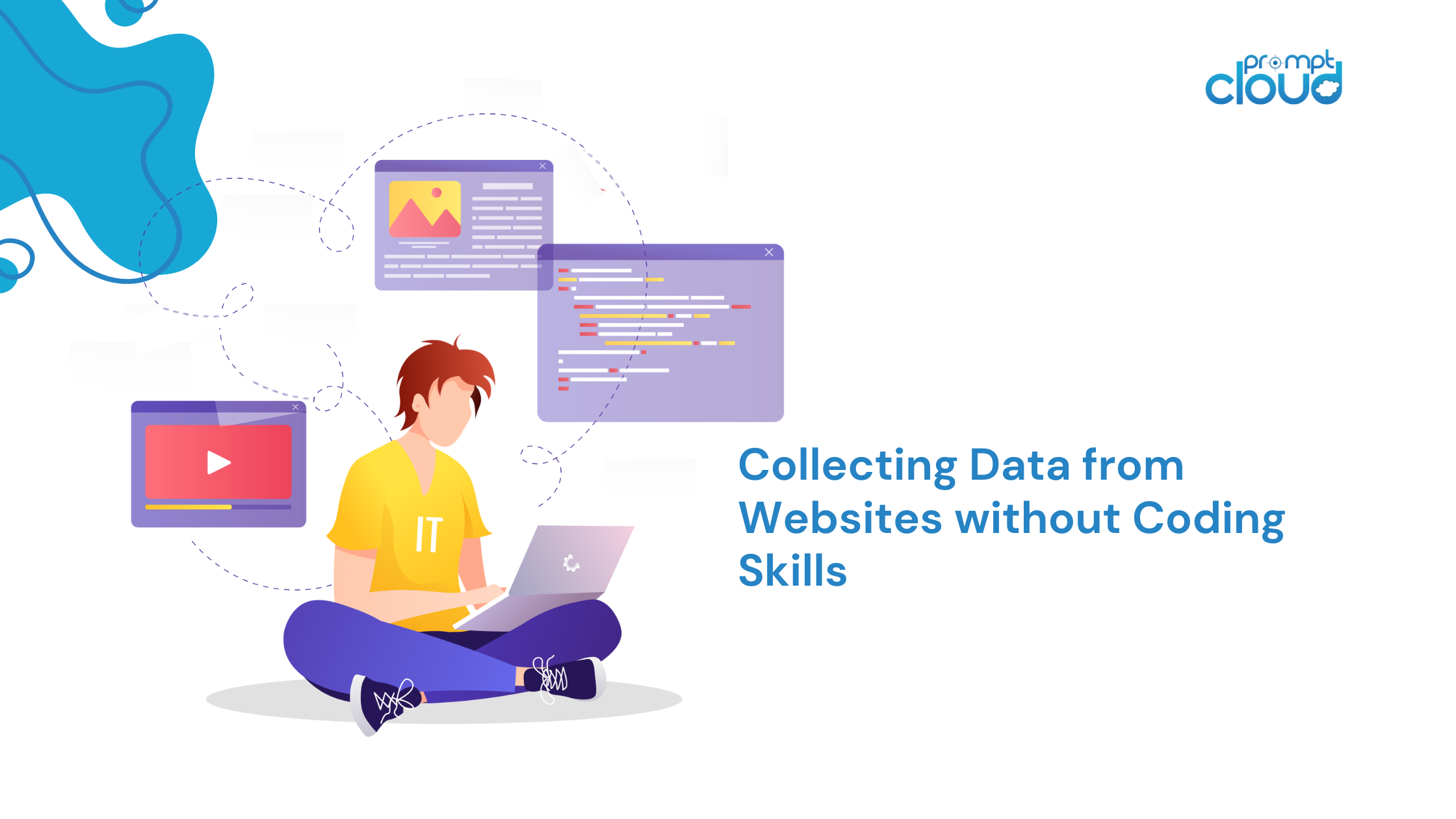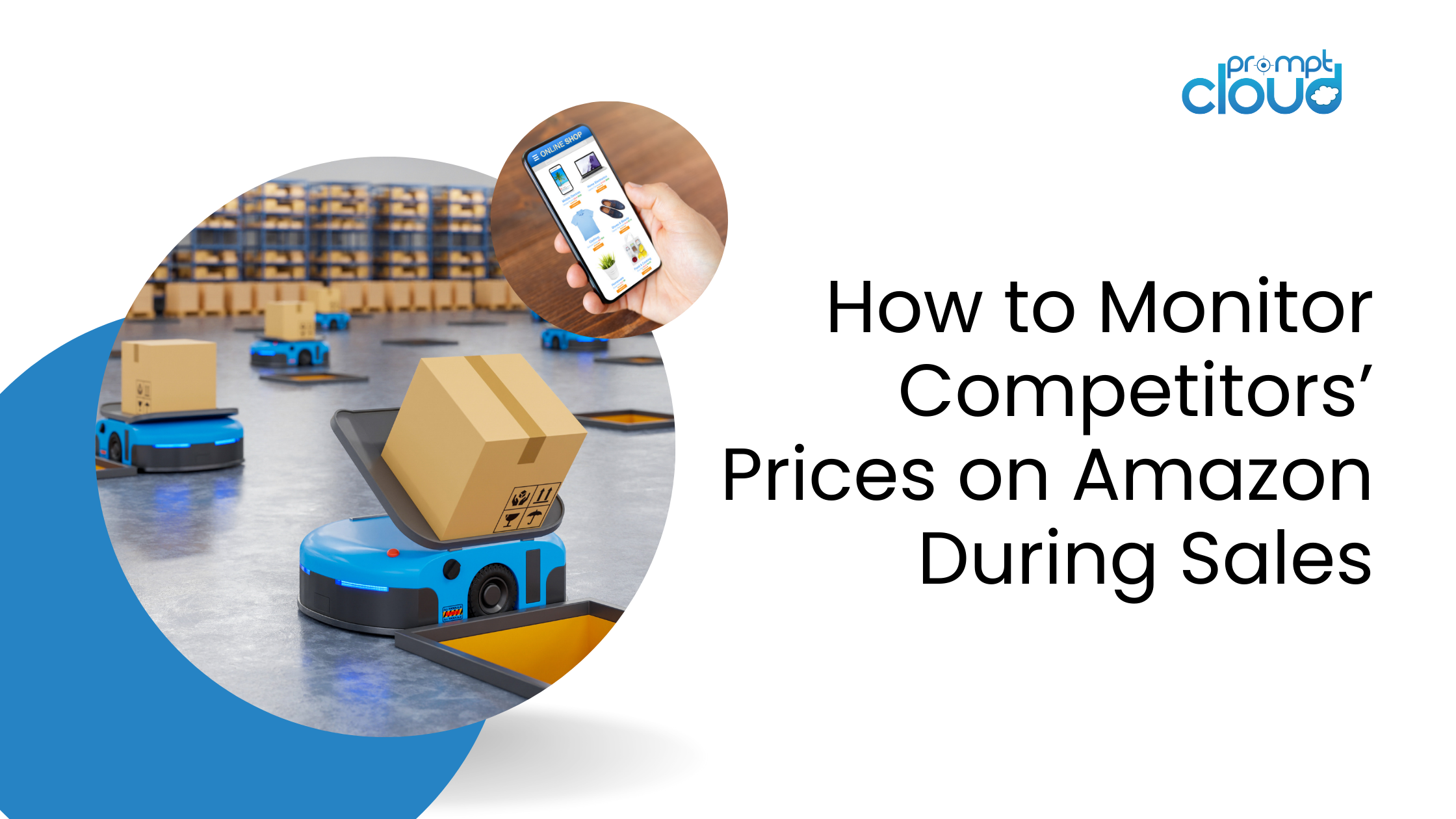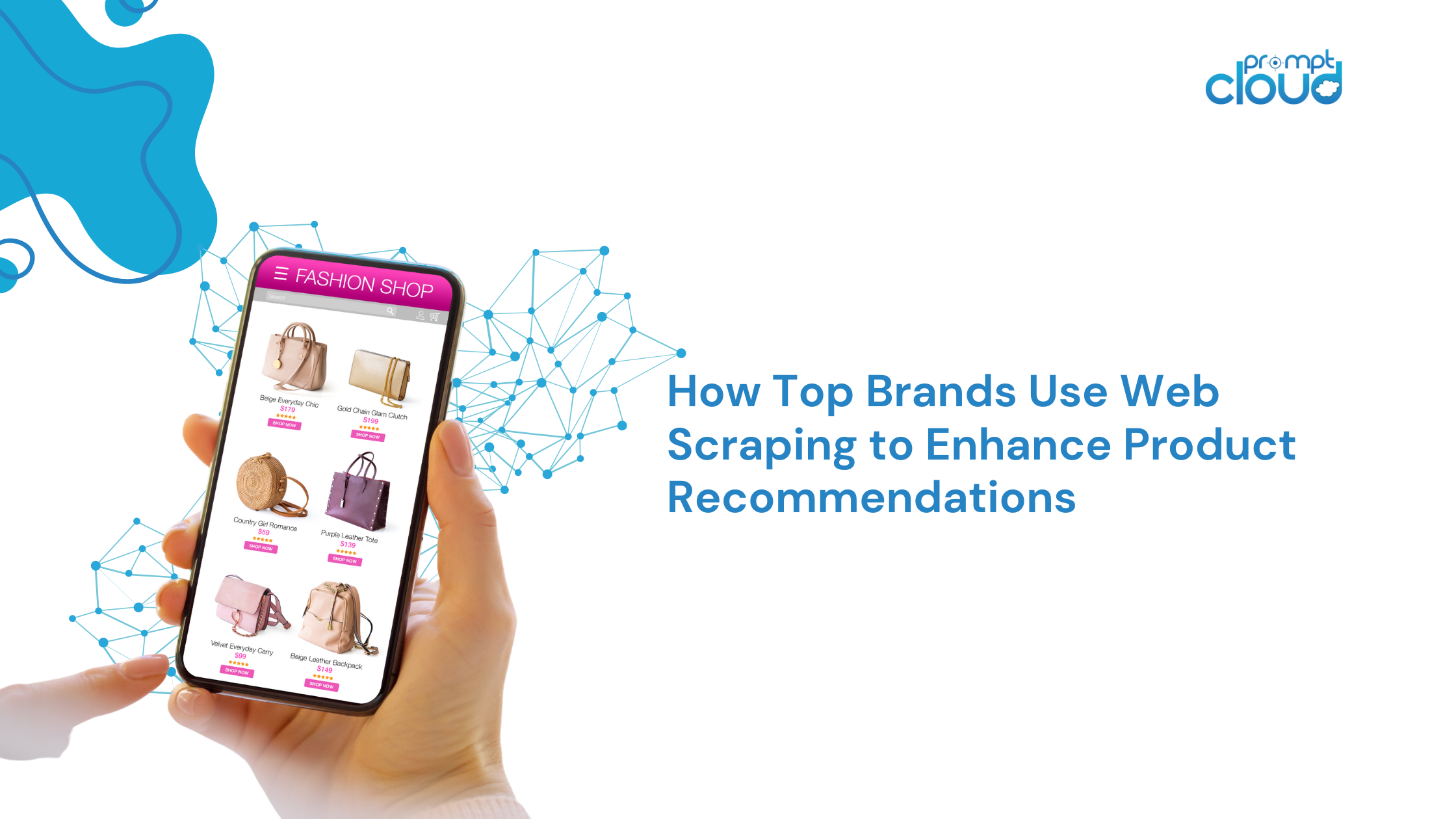Big Data as a technology has been traditionally associated with B2C companies since it emerged when search engines wanted to index the internet and provide answers to user queries. Another important factor is the huge customer base of consumer companies resulting in a wider set of data points to gather and analyze. While B2C businesses typically have millions of customers, B2B firms have comparatively less number of customers. However, B2B segment has also been gaining significant momentum in the application of Big Data.
A few decades ago, marketers were excited about the age of “big data” which was supposed to be a game changer for all industries and businesses. Intelligence is a must for effective marketing, but it requires data and most importantly consumer data.
Big data came with its ability to provide deep visibility into customer activity which would help them create personalized marketing campaigns and offers that are bound to perform well.
But even today, the data available to B2B businesses primarily comprises of web data and some other forms of third party data. Everything is good with Big data, except it’s still a monopoly of businesses with millions of customers. The traditional B2B businesses without a well-established online presence, are left with “small” data. In the B2B space, marketers are dealing with a relatively smaller pool of clients and the customer relationships are often complicated and mature. As far as the present B2B scenario goes, a better approach would be to analyze individual multi-faceted customer relationships apart from augmenting the internal data with external data.
Challenges in B2B
B2B businesses have to face some specific challenges that are non-existent in the B2C sector when it comes to utilizing big data. Here are some of the most prominent ones:
1. Significantly smaller customer base
As we discussed before, the smaller customer base is the key reason why B2C companies find it difficult to leverage big data for effective marketing. With a small pool of customers, it’s tough to draw conclusions as to how and why customers engage with the product or service in a certain way.
2. Less number of data points
B2B companies have access to lesser number of data points as compared to B2C. While an Ecommerce company might have access to a wide range of consumer behavior data such as search keywords, visited URLs, device name and more, B2B companies have limited visibility into customer actions.
3. Unorganized data
It is a challenge in itself to effectively use whatever data is available to the B2B businesses. Data fields tend to be buried inside emails, social media accounts, random notes and calendar entries.
4. Customized solutions
Since most traditional B2B companies offer products that are heavily customizable according to the client requirements, it becomes difficult to group all customers under a single umbrella and analyze them as a whole. This calls for grouping the customers into tiny segments and that essentially makes it a case to case analysis rather than big data analysis.
5. Price differences for same service/product
Just like the product/service, price is also not a constant when it comes to the B2B space. B2B businesses typically extend their products/services to different customers at different prices, taking into account other factors such as the requirement type, client company reputation, marketing partnerships, and the nature of requirement. This will again diversify the customer base, which isn’t a good thing for data analysis.
Effectively utilizing small data for B2B
While internal data available to B2B firms are significantly less in quantity, they can still make the best use of the available data. While B2B customer experience professionals can’t enjoy the convenience provided by “off the shelf” tools, they can leverage tools like NPS (a single question survey) to get some insights into the customer base. However, a small pool of respondents can cause the NPS score to fluctuate to the extremes.
High value customers can be grouped together and reported on individually since in-depth executive surveys have seen success in B2B. As with B2C, it is crucial to analyze the data to identify the key issues across the customer base. However, since the data here is small, you might have to analyze and utilize the data at a customer-specific level. This is going to depend on whether the customer is willing to reveal their identity along with the data, but this can be made possible by convincing them about the benefits they can reap from it. If you are ready to develop customer specific action plans from the feedback, there’s a good chance of getting it right.
Data sources for B2B
Although internal data available to B2B companies is nowhere close to that of B2C, where data is large in quantity and easier to gather and analyze, B2B can still leverage data from alternate sources for various use cases. The web, for example is a source that has something for every industry vertical out there. By aggregating data on competitor activity, you can optimize your marketing strategy to be ahead of them and ultimately win a larger pie of your market. Web data can also be effectively utilized for an extensive market research and other business intelligence activities. Social media monitoring is another use case that’s relevant for B2B businesses that are looking to tap into new opportunities. Salesforce recently added new capabilities to their myEinstein tool, which would help customers to design their own AI-based apps relevant to their businesses. This can be seen as a step forward for small businesses looking to garner deep insights from their internal data.
Conclusion
While big data for B2B still seems to be in its early stages, the scope is high and the future looks hopeful. While consumer data acquisition in the B2B space is challenging, nothing is stopping them from extracting and making sense of the massive amounts of data available freely on the world wide web.











